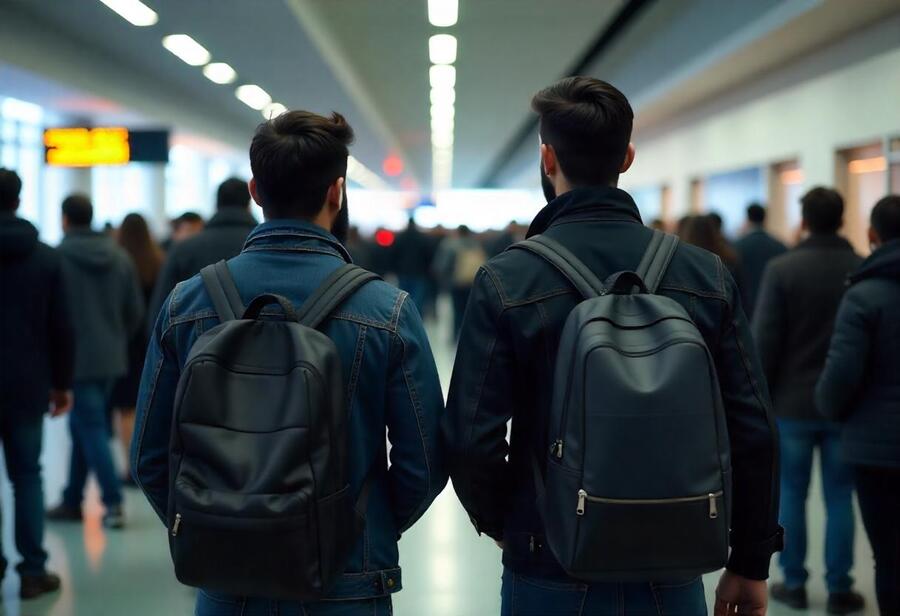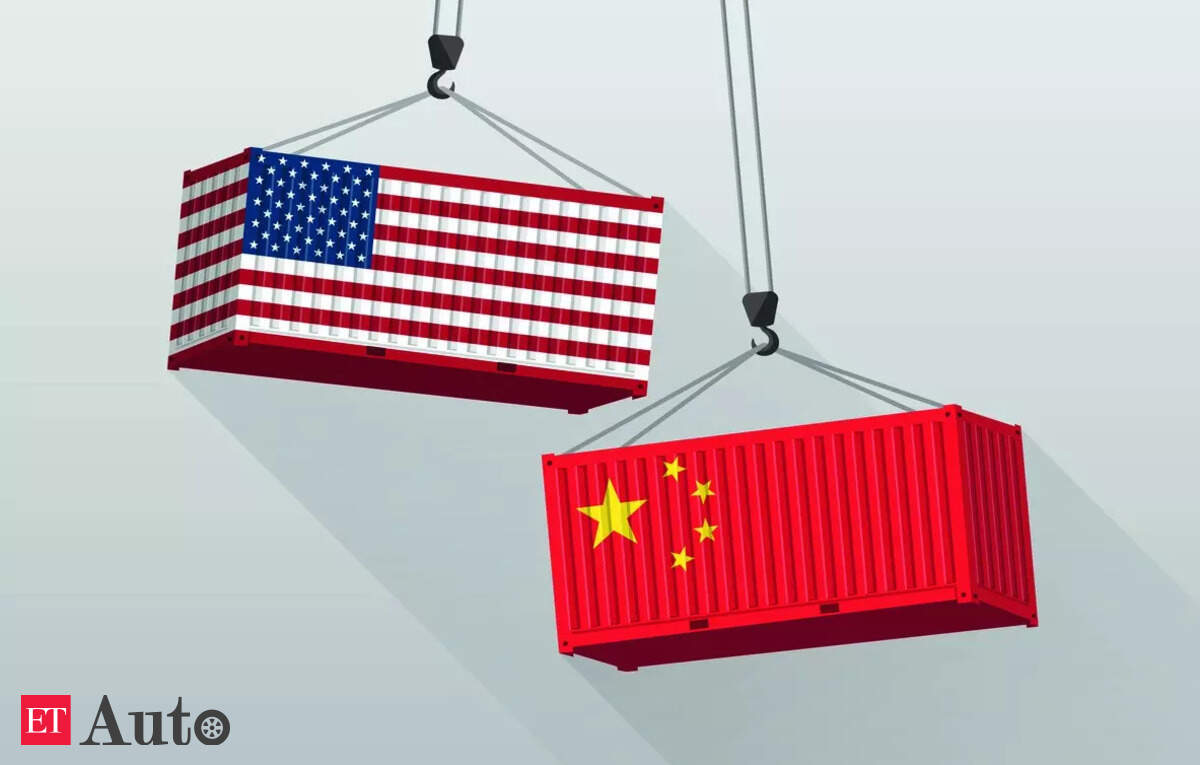US Updates Travel Restrictions Impacting Multiple Nations and Travelers

On June 6, 2025, the United States government, under President Donald Trump, announced a significant new travel ban targeting citizens from twelve countries and imposing partial restrictions on seven others. This policy, set to take effect on June 9, aims to bolster US national security. Concurrently, discussions are underway in the United Kingdom regarding the potential implementation of its own travel bans, as voiced by Conservative leader Kemi Badenoch, highlighting a broader trend of tightening immigration controls in Western nations.
President Trump's new directive enacts a full travel ban on nationals from Afghanistan, Myanmar, Chad, the Republic of the Congo, Equatorial Guinea, Eritrea, Haiti, Iran, Libya, Somalia, Sudan, and Yemen. The administration cites these countries as posing substantial security concerns, including insufficient cooperation with US authorities, suspected connections to terrorism, and ongoing human rights issues.
In addition to the full ban, partial entry restrictions will apply to travelers from Burundi, Cuba, Laos, Sierra Leone, Togo, Turkmenistan, and Venezuela. These nations face heightened scrutiny due to concerns over visa overstays, inadequate identity verification processes, and challenges in maintaining cooperative relationships with US authorities. The overarching goal of the policy is to address perceived gaps in information-sharing and national security vulnerabilities.
Despite the broad restrictions, the new US travel ban includes several crucial exemptions. Permanent residents (green card holders) and dual nationals (including those holding US citizenship alongside a restricted country's passport) are exempt. Immediate family members of US citizens, such as spouses, parents, and children, can also gain entry, though they may need to provide “clear and convincing evidence of identity and family relationship,” potentially including DNA testing.
Further exemptions cater to specific groups. Athletes and coaches participating in major sporting events like the 2026 FIFA World Cup and the 2028 Summer Olympics in Los Angeles will be permitted entry. Refugees and asylum seekers already granted status in the US, or with existing applications, are also exempt. The policy extends to Afghan nationals who assisted US forces and are eligible for the Special Immigrant Visa program, as well as Iranians, including religious minorities like Christians, fleeing persecution.
This 2025 travel ban marks a departure from the initial 2017 policy, which faced criticism for predominantly targeting Muslim-majority nations. The new ban expands its scope to include countries like Haiti, Venezuela, and Myanmar. The White House justifies these additions based on a lack of cooperation with US authorities, high visa overstay rates, and alleged links to terrorism, citing incidents such as a stabbing attack in Boulder, Colorado, as underscoring the need for stricter screening.
The announcement has predictably drawn opposition from Democrats and immigration advocates, who argue the policy is overly broad and discriminatory. While legal challenges are anticipated, experts suggest they might be less formidable than those against the 2017 ban, partly due to the Supreme Court's 2018 ruling that upheld the earlier version. The clarity and justification of the current ban's administrative record, however, remain points of potential contention. The new restrictions are likely to create significant uncertainty for travelers from the affected nations.
Across the Atlantic, the United Kingdom is also grappling with immigration and border control issues. Conservative leader Kemi Badenoch has indicated that the UK is considering its own new travel bans. She stated that Parliament must regain authority over who enters and stays in the country, suggesting targeted travel bans could be a "viable solution" to restore control, particularly as existing legal frameworks like the European Convention on Human Rights (ECHR) are perceived as hindering deportations and enforcement.
Badenoch asserted that the UK is being “mugged” by illegal migration and that stronger immigration measures are necessary because the current system no longer serves national interests. A key focus of her concern is the ECHR, with plans announced for a legal commission to analyze a potential departure from the convention. She argued that “lawfare” is used to delay or prevent the removal of individuals without a legal right to remain and that legal obstacles are preventing effective border enforcement.
The stance on the ECHR and potential travel bans is not uniform within UK politics. The Labour government has stated it will not pursue an ECHR exit, while Reform UK leader Nigel Farage has made leaving the convention a top priority. Badenoch's commission is expected to report its findings at the Conservative Party conference. This debate occurs as nine EU countries recently called for a reinterpretation of the ECHR to allow more flexibility in deporting migrants, a move cautioned against by the Council of Europe’s Secretary General.
It is important to note that while the US has finalized and announced its new policy, the UK is not currently preparing new travel bans. Kemi Badenoch's comments have sparked debate about their viability. The situation highlights an evolving landscape of immigration policies, with both the US and UK exploring stricter measures amidst ongoing national security and sovereignty concerns. The full impact and international ramifications of these policies will unfold over time.












